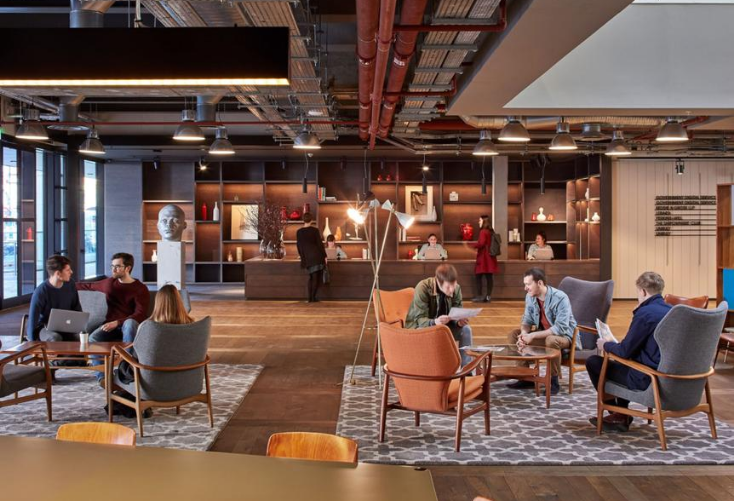Hand selected flexible workspace news from the most reliable sources to keep you ahead of the pack. We find all the latest news, so you don’t have to. Morning and afternoon updates. Stay in the know.
- Are We Heading For A Coworking Boom?
- The Office Isn’t Dead, But It’s Changing
- Landlords And Bankers Are Warming Up To The Flexible Workspace Industry
Are We Heading For A Coworking Boom?
While many coworking spaces struggled during the onset of the coronavirus, this could soon be about to change.
An estimated 16 million Americans were self-employed in July 2020, according to the Bureau of Labor Statistics. Prior to COVID-19, many freelancers and remote workers used coffee shops and public spaces when they weren’t working from home. Now, with effective safety measures in place, many people are turning to coworking as a safe and productive workplace solution.
Many remote workers, plus salaried employees who have been forced to work from home these past few months, are eager to “rejoin society” once it’s safe to do so, and coworking fulfills this need by providing a human and community-focused workplace with wellness at its core.
While there’s no guarantee when or how demand for coworking will return to its former growth trajectory, it’s expected that the human element of coworking will drive a rush of demand and new take-up in the not too distant future.

The Office Isn’t Dead, But It’s Changing
With many companies both large and small choosing to keep their staff working from home for the foreseeable future, what does this mean for office designers?
Some remain optimistic that while many staff will continue to work from home, offices will still be a core part of every business. Tristan Rhodes, head of workplace at Stride Treglown, believes that “offices will continue to play an important role in the economy of our towns and cities”, and this is evident in the “good pipeline” of work they have received through lockdown and into 2021.
Likewise, WilkinsonEyre director Yasmin Al-Ani Spence believes that new-build office work will not disappear, but is likely to change.
She said: “The world of the multi-national and the institutional employer is not dead, but headquarter buildings and the city centres in which they are located may take on more of the attributes and atmosphere of smaller places.”
Spence added that workplaces are likely to adopt a more “flexible approach to the programming of space and aesthetics as well as working hours,” which ultimately, will attract more people rather than repel them.

Landlords And Bankers Are Warming Up To The Flexible Workspace Industry
Jennifer Frisk from Newmark Knight Frank believes that coworking will become an asset class for property owners. This is based on the fact that many big institutional owners have started to get on board the flexible workspace industry.
As a result, Frisker believes that more landlords will be willing to get more actively involved in the sector; either by creating their own flexible workspace brands or by partnering with existing operators.
Property owners are likely to start allocating more percentage of their portfolio to coworking spaces. Another good reason for increased participation from landlords in the industry is being driven by the fact that banks appear to be finally coming around to the concept of flexible offices.
This shift in attitude, from banks and landlords, is a result of various elements; however, Frisk noted that the pandemic has definitely played a role.















